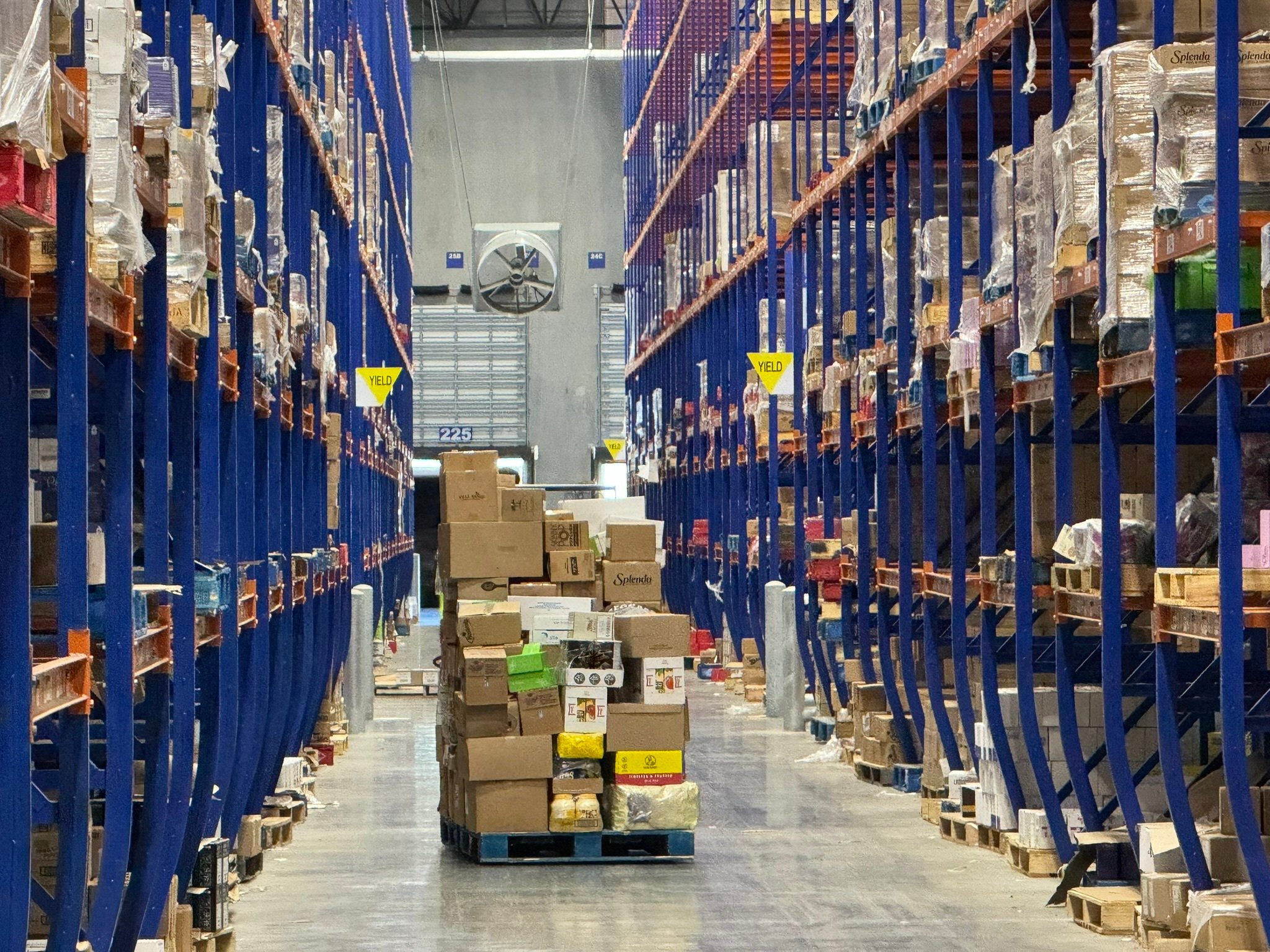
Many companies are rethinking how they handle warehouse operations. Whether you’re a manufacturer, distributor, or retailer, maintaining a seamless supply chain has become more complex—and costly—than ever. That’s why outsourcing warehouse services is gaining traction as a strategic way to improve agility, reduce overhead, and better serve customers.
But what does outsourcing warehouse services actually involve? And how can it support your long-term growth? This article will explore the core benefits, potential risks, and best practices to make an informed decision.
At its simplest, outsourcing warehouse services means contracting a third-party company to handle some or all aspects of your warehousing and distribution needs. These partners can provide:
✅ Staffing & labor management (picking, packing, loading, unloading, inventory control)
✅ Facility operations (running entire warehouses or dedicated areas inside your DC)
✅ Value-added services (kitting, light assembly, reverse logistics, labeling)
✅ Technology & reporting (inventory management systems, dashboards, productivity tracking)
By partnering with specialists, businesses offload operational headaches while focusing internal teams on core competencies like product development, sales, or customer relationships.
Warehouse labor, training, turnover, overtime, insurance, and compliance costs add up. Outsourcing converts many of these fixed costs into variable expenses tied to throughput—helping companies flex costs in line with demand.
Whether facing seasonal peaks, sudden demand spikes, or new product launches, outsourced partners can scale labor and operations up or down much faster than most in-house teams can.
Warehouse service providers bring decades of experience in optimizing layouts, workflows, and productivity. They often introduce best practices and advanced tools you might not deploy on your own.
Outsourced partners typically have rigorous safety programs, regulatory compliance protocols, and insurance, helping reduce your direct exposure.
Outsourcing is not without considerations. Poorly selected partners can become bottlenecks rather than accelerators. Risks include:
Loss of direct control over culture and performance
Potential quality or accuracy issues if SLAs aren’t clear
Data security and visibility concerns
That’s why it’s crucial to choose providers with transparent KPIs, strong communication, and shared commitments to your brand standards.
If you’re evaluating whether to outsource warehouse services, here are some key tips:
✅ Define clear objectives – Are you trying to reduce costs, improve fill rates, or accelerate market expansion? Clear goals shape the right partnership.
✅ Vet providers thoroughly – Look for proven experience in your sector, technology capabilities, safety records, and references.
✅ Establish robust SLAs – Set expectations on metrics like on-time shipments, inventory accuracy, safety incidents, and continuous improvement.
✅ Maintain visibility – Use systems that let you track operations in real-time or near real-time, so you’re always informed.
✅ Foster a collaborative relationship – Treat your provider as an extension of your team, not just a vendor. Shared wins build long-term value.
Outsourcing warehouse services isn’t just a cost-cutting move—it can be a strategic lever to build a more agile, resilient supply chain. By tapping into experienced partners, companies position themselves to adapt faster to market changes, reduce risks, and stay laser-focused on serving customers.
As supply chain disruptions continue to challenge businesses worldwide, those who build flexible networks of trusted partners are often the ones that come out ahead.
If you’re exploring how outsourcing warehouse services could strengthen your operations, it helps to have a partner with decades of hands-on experience. At FHI, we’ve spent over 30 years helping companies improve productivity, reduce costs, and build safer, more flexible distribution networks. If you’d like to see what that could look like for your business, we’re here to help.
Q: Does outsourcing warehouse services mean I lose control?
Not necessarily. With the right KPIs, dashboards, and regular reviews, you maintain strategic control while your partner manages the day-to-day execution.
Q: Is outsourcing only for large companies?
No. Mid-sized companies often benefit the most, gaining sophisticated capabilities without heavy capital investment.
Q: What should I look for in an outsourcing partner?
Experience in your industry, safety and compliance records, transparent reporting, scalability, and a culture that matches your own.
👇📅 We're here to help. There's no pitch - just a conversation. 📅👇
In any market, your supply chain can make or break your ability to compete well. Don't leave that to chance. We can help you create a stronger operation, so you never fall behind the competition.
Stop worrying about labor challenges and start enjoying a safe, lean, and rock-solid supply chain.
(800) 849-3132 | © FHI. All rights reserved.